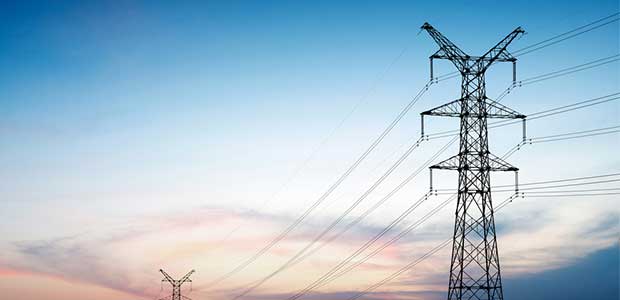
COVID-19 Pandemic Shows How Important Energy Equality Is
The energy sector, in particular, has a unique relationship with the coronavirus, and this pandemic is highlighting the importance of energy equality.
- By Jenna Tsui
- Apr 14, 2020
COVID-19 is disrupting everything that once was part of typical daily lives. This pandemic has shut down countries and caused economies to head towards recessions. Industries, too, are taking a hit. The energy sector, in particular, has a unique relationship with the coronavirus, and this pandemic is highlighting the importance of energy equality.
“Energy equality” is a newer term, but it’s a topic that has been around for years. It’s the practice of providing all individuals with equal access and use of energy resources. This definition includes anything from technology to utilities to clean water. When energy inequality occurs, it means some individuals don't have the same options or accessibility as others. This situation happens most commonly in low-income areas or minority neighborhoods.
Due to social distancing and quarantines across the United States, individuals must remain in their homes. These rules have already severed connections between people and their needs, like medicine or treatments. However, for those who are now jobless or unable to receive help, they may not have access to equal energy or utilities—a circumstance that will continue to worsen as the pandemic progresses.
How COVID-19 Affects Energy Equality
Currently, the outbreak has the U.S. in a state of emergency. Numerous factors contribute to energy inequality like unemployment, rent payments, mortgages and government assistance. COVID-19 has affected each of these areas in a way that will impact low-income households the most—starting a chain reaction.
First, the unemployment rate has skyrocketed since the pandemic began. In the past two weeks alone, almost 10 million Americans have filed claims for unemployment, a record-breaking total. Due to this joblessness, people are going to have no means of income.
Next, there is no national rent freeze. While some states require landlords to waive late fees for April, there is no law or regulation regarding rent itself. Unfortunately, many people live paycheck-to-paycheck in America. These individuals, if they must file for unemployment, have no way to pay their rent. Though some states have put a moratorium on evictions, the future is unclear.
If renters or tenants can pay their rent, they may not have additional money for utilities. Thus, COVID-19 is exposing the long-running issue of energy inequality. For instance, approximately 61 percent of U.S. households use natural gas as their energy source. However, not everyone receives the same prices, and some areas pay more for their energy or electricity. In areas of unemployment, energy becomes unaffordable.
This cycle affects low-income individuals or those in poverty the most. It also impacts people of color more often than not. Chandra Farley, the director of energy at the Partnership for Southern Equity, stated, “The resulting utility burdens on black, brown and indigenous communities and people of color are being amplified by this crisis, with no long-term economic relief strategy in place.”
Farley's statement emphasizes the widespread effects of the novel coronavirus. It will influence the country on a national scale in terms of energy—unemployment leads to less energy production. It will also impact people on individual levels, especially those already marginalized in American society.
Signs of Progress in the Energy Sector
News has been circulating that shows the positive effects COVID-19 has had on pollution across the globe, a change due to isolation and quarantine rules. With fewer energy workers and less people using resources, pollution decreases. While this change is temporary, it shows the steps people need to take for a cleaner tomorrow.
Renewable energy is the way of the future. It will have the same reduction of pollution and provide more energy equality. Some organizations, like Energy Equality for All, have centered its focus on giving disenfranchised people better, more sustainable energy sources.
Other people are recognizing the connection between sustainable energy and energy equality, too. Demand Energy Equality is another organization geared towards enhancing literacy regarding energy and working towards equality. Its hands-on approach allows members to work with individuals and communities and provide better access to renewable energy, mainly solar power.
COVID-19 will no doubt challenge organizations and individuals like these that want to help. However, as unemployment spikes from the pandemic, energy inequality may as well. The goal now is to provide everyone with renewable energy that allows equal access for all.
About the Author
Jenna Tsui is a Texan journalist who co-owns The Byte Beat blog. She writes about the latest news in sustainability, culture, technology and more. Check out her work on TBB or follow her on Twitter @jenna_tsui .